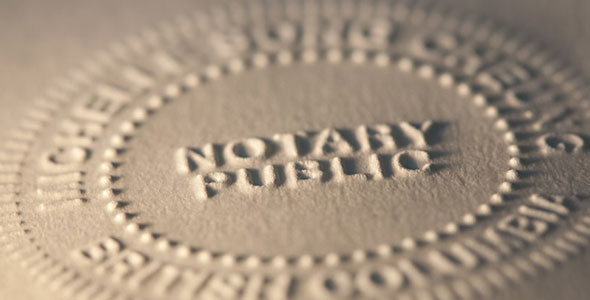Experienced Conveyancer: Browsing Home Transfers with Knowledge
Experienced Conveyancer: Browsing Home Transfers with Knowledge
Blog Article
Demystifying Notarial Work: Streamlining the Function and Relevance of Notaries
Their function, frequently shrouded in secret for many, brings considerable weight in ensuring the validity and integrity of vital papers. By untangling the complexities dropping and bordering notarial practices light on the significance of their acts, a more clear understanding emerges of the important function notaries play in promoting the fabric of legal and legal agreements.
The History of Notarial Job
The background of notarial job dates back to ancient people, where scribes played an important role in recording vital info and authenticating records. This led to the advancement of notaries, individuals appointed by the state to act as neutral witnesses in lawful issues.
Throughout the Middle Ages, notaries got prominence in Europe, with their features increasing to include composing legal files, licensing signatures, and preserving records. The surge of global trade even more stressed the importance of notarial operate in confirming agreements and arrangements across borders.
In the modern age, notaries continue to play an important duty in lawful and organization deals by validating identities, confirming the authenticity of documents, and avoiding fraudulence. Their duty in certifying the credibility of agreements adds a layer of security and trust to the ever-evolving landscape of commerce and legislation.

Tasks and Responsibilities of Notaries
The historic advancement of notarial job from ancient worlds to the modern-day age has shaped the distinctive responsibilities and duties that notaries maintain in legal and organization purchases today. Notaries play an essential role in verifying the authenticity of records and the identity of notaries. One of their key duties is to witness the signing of vital papers, such as deeds, agreements, and wills, to guarantee that all celebrations are getting in into agreements knowingly and willingly. Notaries also verify that notaries are of audio mind and not under duress or browbeating.
They accredit copies of original papers, providing assurance to institutions that the duplicates are real replicas of the originals. Overall, the obligations and obligations of notaries are important in protecting the integrity and legitimacy of various records and purchases - Deceased Estate.
Notarial Certificates and Signatures
Exemplifying precise interest to information, notarial certifications and signatures offer as important elements in validating the authenticity of legal papers. Notarial certificates generally contain vital details such as the day of registration, the names of the signatures, a description of the record, and the notary's official seal. These certificates supply a clear document of the notarial act, ensuring that the document can be conveniently identified and mapped back to the notary that looked after the process.
Trademarks play a pivotal duty in notarial here work, as they represent the agreement and authorization of the events involved. Notaries meticulously witness the signing of files to validate the identity of the signatures and confirm that they are signing of their own free will. By fastening their official seal and signature to the document, notaries certify that the required treatments have been complied with which learn this here now the paper is enforceable and legitimate.
Basically, notarial certifications and trademarks are the hallmark of authenticity in lawful deals, providing guarantee to all events entailed that the records are legitimate and binding.
Importance of Notarial Acts

Notarization Refine Discussed
The registration process normally begins with the individual presenting the file to a notary public. When the identification is verified, the notary makes sure that the individual authorizing the record does so willingly and without any threat.

Verdict

Notarial certifications usually contain crucial info such as the date of notarization, the names of the signatories, a description of the record, and the notary's main seal. These certifications supply a clear document of the notarial act, making sure that the paper can be quickly identified and mapped back to the notary who looked after the process.
By attaching their main seal and signature to the document, notaries license that the essential treatments have been complied with and that the record is legitimate and enforceable.
By confirming the identity of the signatories, verifying their desire to enter into the contract, and accrediting the day and location of the signing, notaries play a critical role in promoting the credibility of legal papers.After the paper is signed, the notary will certainly affix their main seal or stamp onto the record.
Report this page